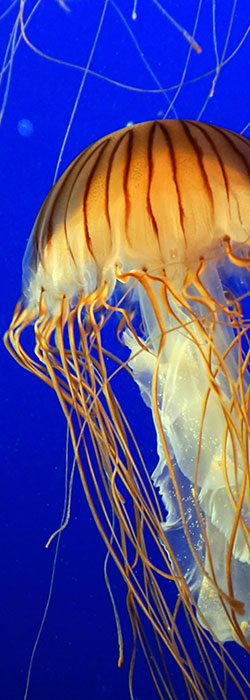About EAL (Environmentally Acceptable Lubricant)
The 2013 U.S. Environmental Protection Agency (VGP) mandates the use of a new class of environmentally acceptable lubricants for certain marine operations in US waters. An environmentally acceptable lubricant (EAL) is a lubricating material shown to have minimal toxicity and bioaccumulation potential, and superior biodegradability compared to traditional lubricants. In simple terms an EAL is an oil that doesn’t kill fish or humans, doesn’t build up in fish or humans, and breaks down in water in a matter of days or months (not years).
Certified lubricantsThe EAL should carry the EPA Safer Choice Label or one of the various European labels that certify the lubricant’s performance, biodegradability, and low toxicity. These European labels include Blue Angel, Swedish Standard, Nordic Swan, and the EU Ecolabel. Legislation for bio-lubricants or biodegradable lubricants is very strictly controlled. The OECD defines these types of lubricants by virtue of their low toxicity and also their ability to be rapidly decomposed by living organisms. Increased use of EALsAlso EU governing bodies are promoting the use of EALs both for marine and land-based applications. European regulations make it obligatory to use lubricants compliant with the Ecolabel specification in certain defined zones, so as to limit the use of lubricants of petroleum origin as lost oils. In addtion to marine, the use of biodegradable hydraulic fluids is also recommended wherever it is a risk that it can come in contact with nature. Like quarries, mines, sand-pits, civil works, forestry, farming, infrastructure, general construction etc. Water is a bigger challenge for EALs than for mineral oilsWater in lubrication oil undermines the oil’s two basic functions: enabling performance and preventing damage to machinery. Even when lubricants can continue to lubricate in the presence of water, they must remain clear of water (free, emulsified and dissolved) in order prevent loss of lubricity, component damage and degradation that will shorten the service life of gears, bearings, and hydraulic systems. Lubricant manufacturers and lubrication specialists recognize the damaging effects of water on components through acid buildup, corrosion, spalling, hydrogen embrittlement, and biomass buildup, especially with presence of salt. Waagene Purifiner and EALsSee result from when we tested Waagene Purifiner on Kluber Bio Oil LR 9-32 with emulsified seawater. |
 |


